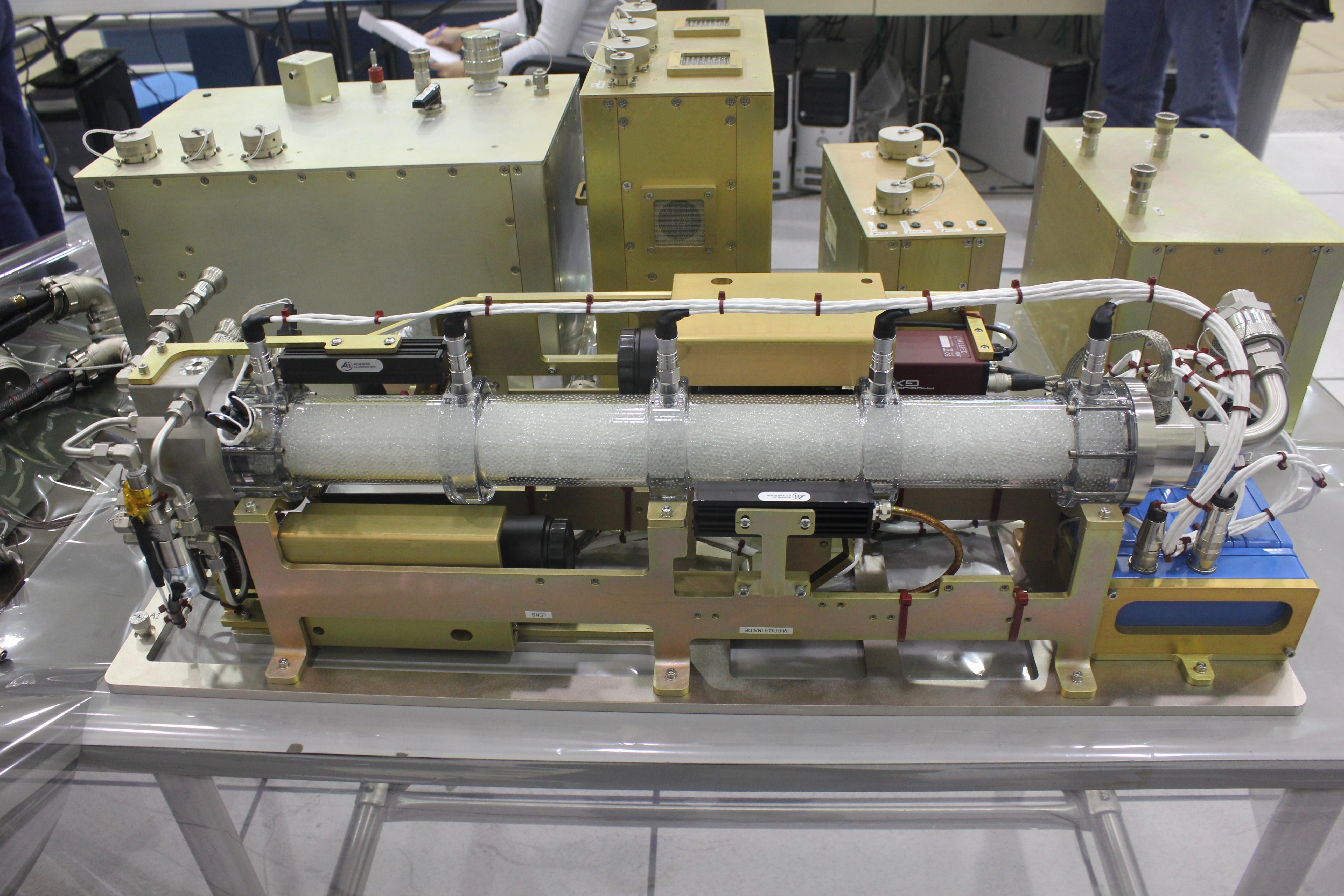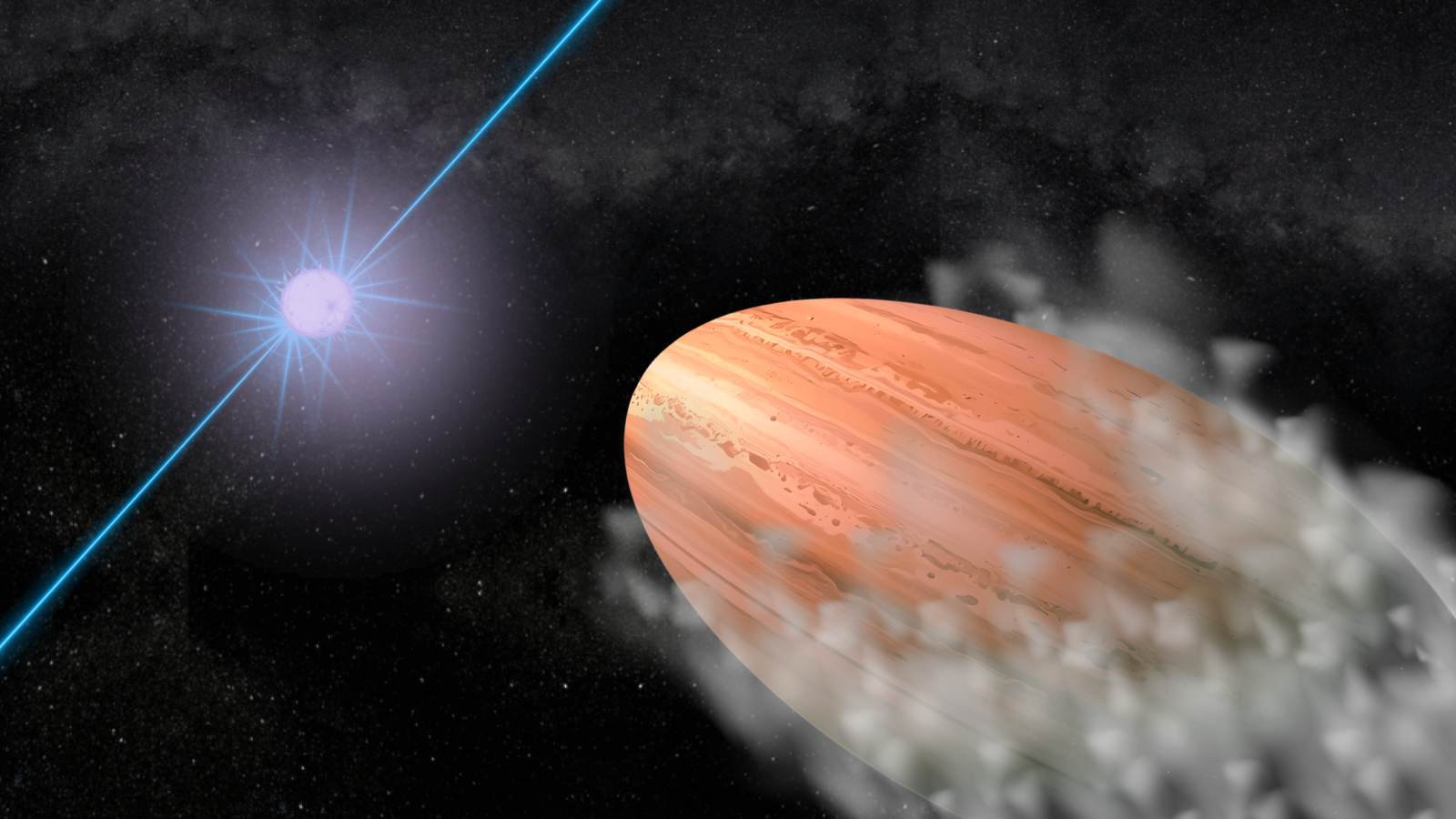Cygnus Spacecraft Hauling Science to Space Station on Return-to-Flight Mission

The first launch of the private Cygnus cargo spacecraft since an October 2014 rocket explosion aims to deliver a wealth of science equipment and experiments to the International Space Station.
The uncrewed Cygnus, which is built by the aerospace company Orbital ATK, is scheduled to blast off Thursday (Dec. 3) at 5:55 p.m. EST (2255 GMT) atop a United Launch Alliance Atlas V rocket from Florida's Cape Canaveral Air Force Station. You can watch the broadcast of the launch here on Space.com, courtesy of NASA TV.
The previous Cygnus mission ended just seconds after launch on Oct. 28, 2014, when the spacecraft's Antares rocket exploded, apparently because of a problem with one of its first-stage AJ26 engines. [Cygnus Cargo Spacecraft Ready For Return To Flight (Video)]
Orbital ATK is refurbishing Antares to fly with RD-181 first-stage engines, and the revamped rocket should be ready to fly sometime next year, company representatives have said. (Orbital will use the Atlas V until Antares is up and running again.)
Thursday's launch kicks off the fourth uncrewed Cygnus mission to the space station that Orbital is flying under a $1.9 billion NASA contract. This latest mission is quite science-heavy, featuring payloads such as the locker-size Space Automated Bioproduct Lab (SABL).
The SABL, which features a temperature-controlled chamber, will support all kinds of research, ranging from commercial applications to opportunities for students to do research on the International Space Station (ISS), NASA officials said. The facility can house experiments that can run passively or actively, controlled by a remote operations center. The lab also includes sensors and high-definition video to record experiments as they are performed.
Cygnus will also tote the Packed Bed Reactor Experiment (PBRE), which will study how gases and liquids behave in microgravity when they move through porous material. This research has applications for systems such as reactors, scrubbers and strippers, NASA officials said. Although packed bed reactors for water recovery and fuel cells on the space station can use either liquid or gas right now, no existing system can handle both at the moment.
Breaking space news, the latest updates on rocket launches, skywatching events and more!
Other experiments include an investigation into how well a variety of flame-retardant textiles fare in space, and two satellites that will demonstrate networking between machines.
There's a 60 percent chance that weather conditions will be favorable for Thursday's launch, U.S. Air Force officials have said.
Orbital ATK isn't the only company with a NASA deal to resupply the ISS. SpaceX has flown six successful missions to the orbiting lab using its uncrewed Dragon cargo capsule and Falcon 9 rocket under its own $1.6 billion contract; the seventh ended less than three minutes after liftoff when the Falcon 9 broke apart this past June.
Follow Elizabeth Howell @howellspace, or Space.com @Spacedotcom. We're also on Facebook and Google+. Original article on Space.com.

Elizabeth Howell (she/her), Ph.D., was a staff writer in the spaceflight channel between 2022 and 2024 specializing in Canadian space news. She was contributing writer for Space.com for 10 years from 2012 to 2024. Elizabeth's reporting includes multiple exclusives with the White House, leading world coverage about a lost-and-found space tomato on the International Space Station, witnessing five human spaceflight launches on two continents, flying parabolic, working inside a spacesuit, and participating in a simulated Mars mission. Her latest book, "Why Am I Taller?" (ECW Press, 2022) is co-written with astronaut Dave Williams.

